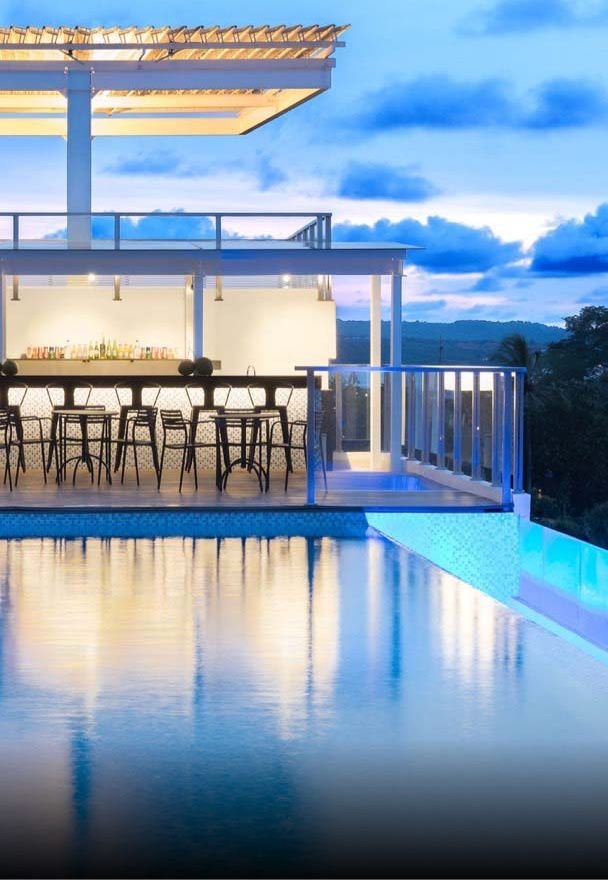Buying property overseas is one of the most common moves for men seeking freedom, lifestyle, or long-term investments. But there’s a pattern worth paying attention to: many foreigners,especially Western men end up buying in tourist areas and losing money. On the surface, it looks smart: the location is buzzing, there’s foot traffic, and short-term rental demand seems endless. In reality, most tourist zones are financial traps for investors. Here’s why.
1. Tourist Hotspots Are Built on Hype, Not Fundamentals
When you buy in a city’s “Instagram zone,” you’re paying a premium for hype. Think beachfront condos in Cancún, apartments in Prague’s Old Town, or a villa in Bali’s Canggu. The prices are inflated because of constant short-term demand, not because the local economy can support them long-term. Once hype cools or tourism dips your property value stagnates or even collapses.
2. Locals Don’t Live There (and That Matters)
Real estate is most valuable where locals want to live year-round. Tourist areas are designed for short stays, not permanent communities. You’ll often find:
- Poor infrastructure (roads, water, electricity strained by seasonal use).
- Businesses that cater only to tourists,bars, souvenir shops, overpriced restaurants.
- A lack of schools, hospitals, or professional services that locals rely on.
If locals aren’t buying, then resale becomes difficult. You’re left with a niche property that only another foreigner might want.
3. Volatile Rental Markets
Many investors dream of “Airbnb goldmines.” But tourist areas often swing from overbooked to empty depending on the season. Worse, governments are cracking down on short-term rentals:
- Barcelona banned most tourist apartments.
- New York imposed strict Airbnb limits.
- Mexico City is debating rules because locals are priced out.
- A single policy change can slash your rental income overnight.
4. Maintenance Costs Skyrocket
Beachfront condos, ski lodges, or jungle villas sound romantic. But properties in these climates require constant upkeep:
- Saltwater corrodes metal and concrete.
- Humidity breeds mold and termites.
- Seasonal flooding or storms create insurance nightmares.
- High maintenance erodes rental profits and makes long-term holding expensive.
5. Exit Strategies Are Weak
Buying is easy,selling is hard. If you decide to cash out, you’ll quickly realize that tourist areas attract more sellers than buyers. Developers overbuild to meet foreign demand, leaving you competing against brand-new inventory. Meanwhile, local buyers often avoid these areas, leaving you stuck unless you sell at a discount.
6. The Smart Alternative: Where Locals Live and Work
Instead of chasing hype, investors who build wealth abroad look at local demand centers:
- Middle-class neighborhoods in growing cities.
- Areas near universities, hospitals, and business districts.
- Locations where locals want to rent long-term.
These properties may not be flashy, but they provide stable income, better resale opportunities, and lower entry costs.
Final Thought
Men often buy in tourist zones because they confuse lifestyle with investment. A beachfront condo feels good emotionally,it’s Instagram-worthy, friends admire it, and it signals “I’ve made it.” But financially, these properties are traps more often than treasures.
If your goal is to live there and enjoy it, that’s fine just call it a lifestyle expense. If your goal is to build wealth, then you need to think like a local, not a tourist. Smart investors look beyond the hype, focus on fundamentals, and buy where real life,not just vacation life happens.













